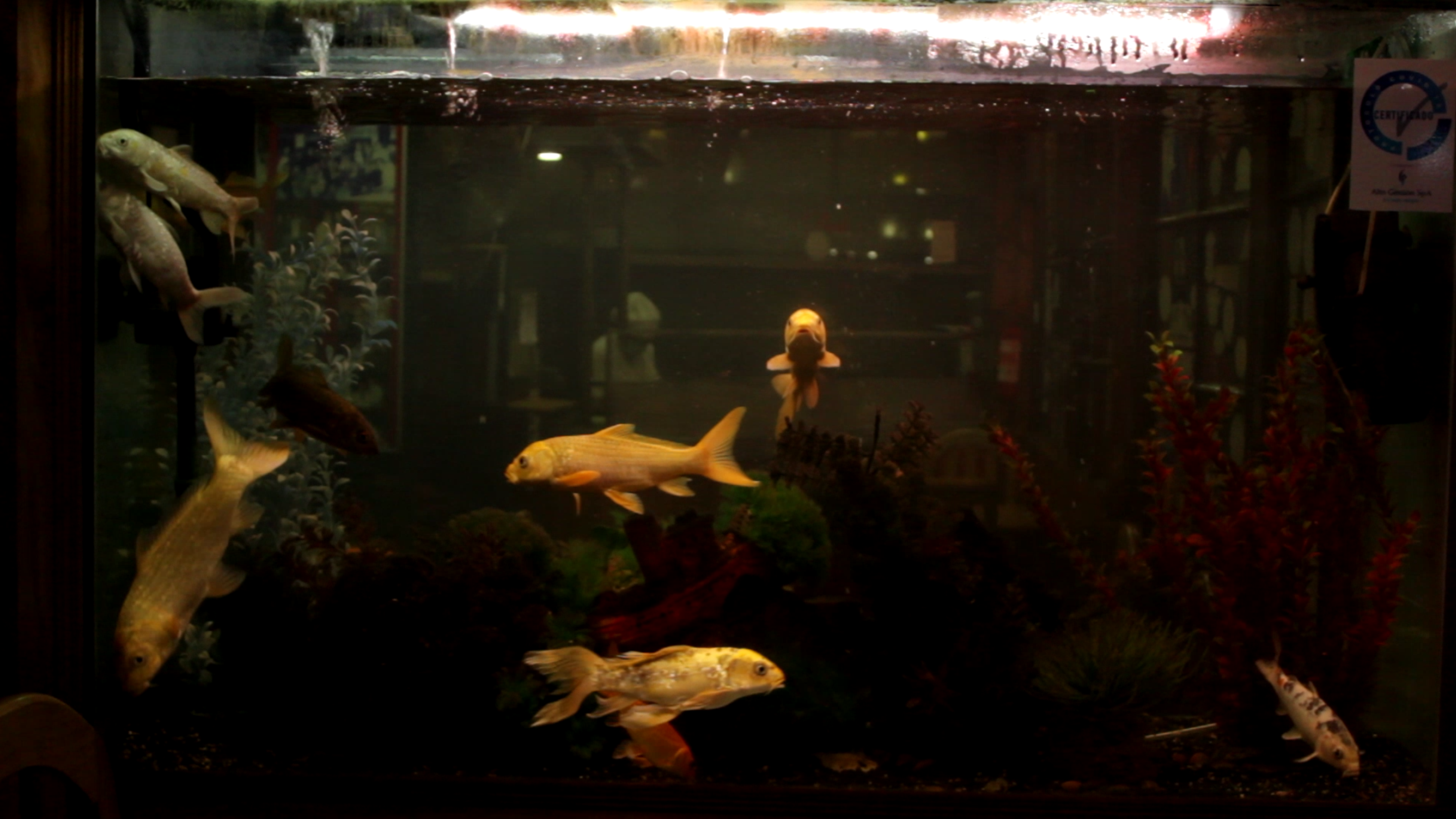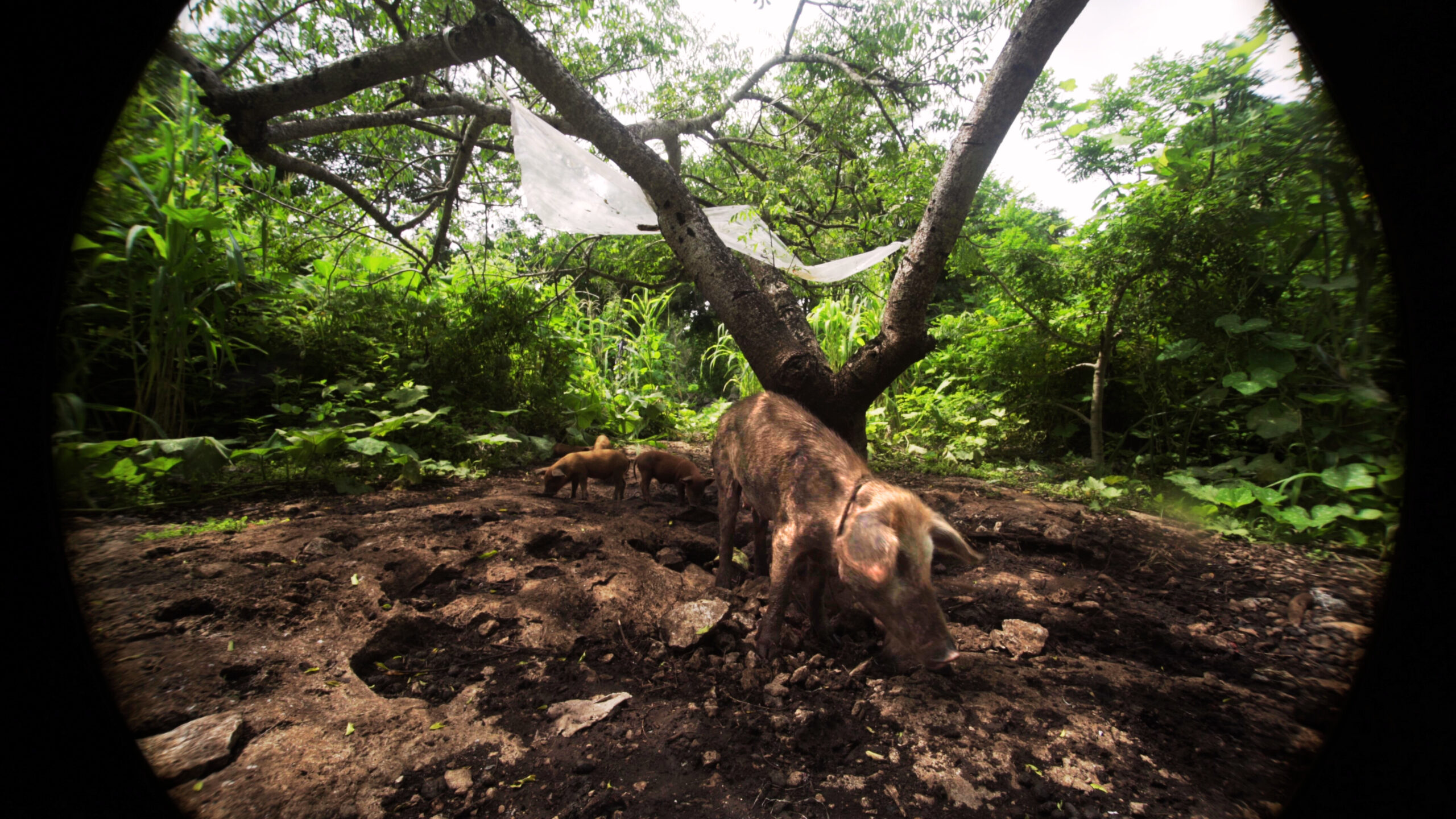We are an emerging audiovisual production company focused on the metaexploration of audiovisual language, with a special emphasis on essay cinema. We are committed to creating narratives that combine formal experimentation with incisive critique on social, historical, and political issues from poetic and playful perspectives.
In its non-fiction line, Cagliostro Cinema advocates for political cinema that challenges traditional conventions, working with found footage, hybrid techniques, and deep authorial reflection. Our short films have had a significant presence in Latin America and the Caribbean, being showcased at various international festivals and academic institutions. The production company has participated in events such as Bolivia Lab, DocMontevideo, Lab CineLebu, BioBioCine, and Sanfic Industria. It was awarded at the latter for the development of the feature film «Jack Mackerel Salmon Style»; which ironically analyzes the socio-environmental impact of salmon farming in Chile. Since then, the project has gained international attention from the Argentine Platform for Monitoring the 2030 Agenda (PAMPA 2030).
Supporting authorial projects with a political, social, and/or environmental focus.
Generating international co-productions around initiatives that promote reflection on human rights, the environment, and social justice.
Production of fiction and non-fiction audiovisual works. Film editing and montage with a focus on alternative narratives. Development of audiovisual projects from conceptualization to post-production. Consulting and workshops on experimental cinema, found footage management, and critical audiovisual language. Distribution of independent films in festival circuits and community screenings.
Jack Mackerel Salmon Style

In development
Satirical documentary essay on the socio-environmental impact of the salmon farming industry in Chilean Patagonia, revealing how this disaster represents an identity germ of Chile in the era of post-truth. Weaving a web between dictatorship, neoliberalism, and corruption, the film ironically explores the influence of the First World on Chilean culture, from the iconic footprint left by fish cans in pop culture to the cultural triumph of neoliberalism.
The Day the Trees Decided to Migrate

Post-production
The central government of Mexico resumes construction of the Maya Train, a flagship project aimed at connecting the entire territory. In the Yucatán Peninsula, people go about their lives around the phenomenon, while a mother tells her children an old story about the moment when the trees decided to migrate.